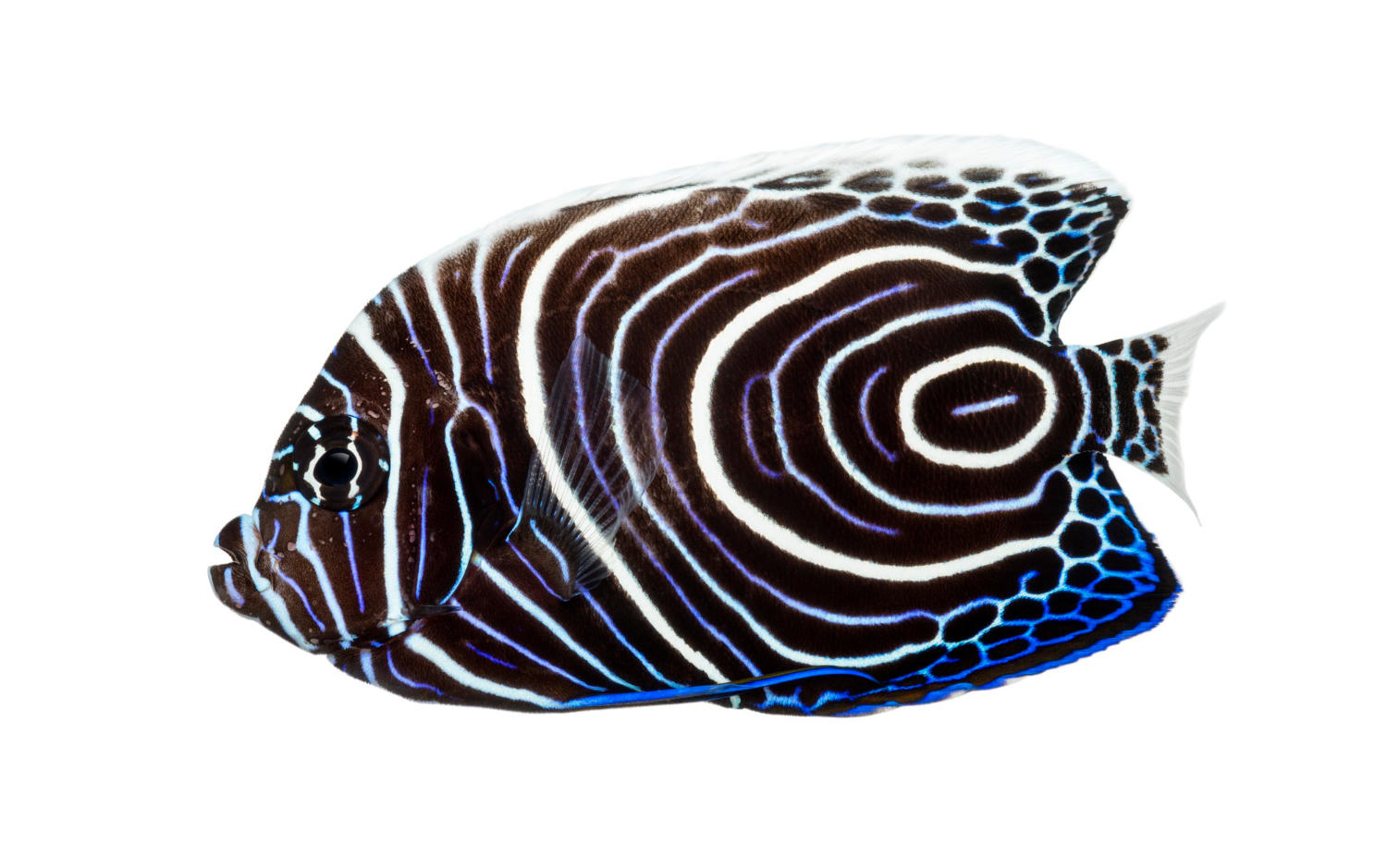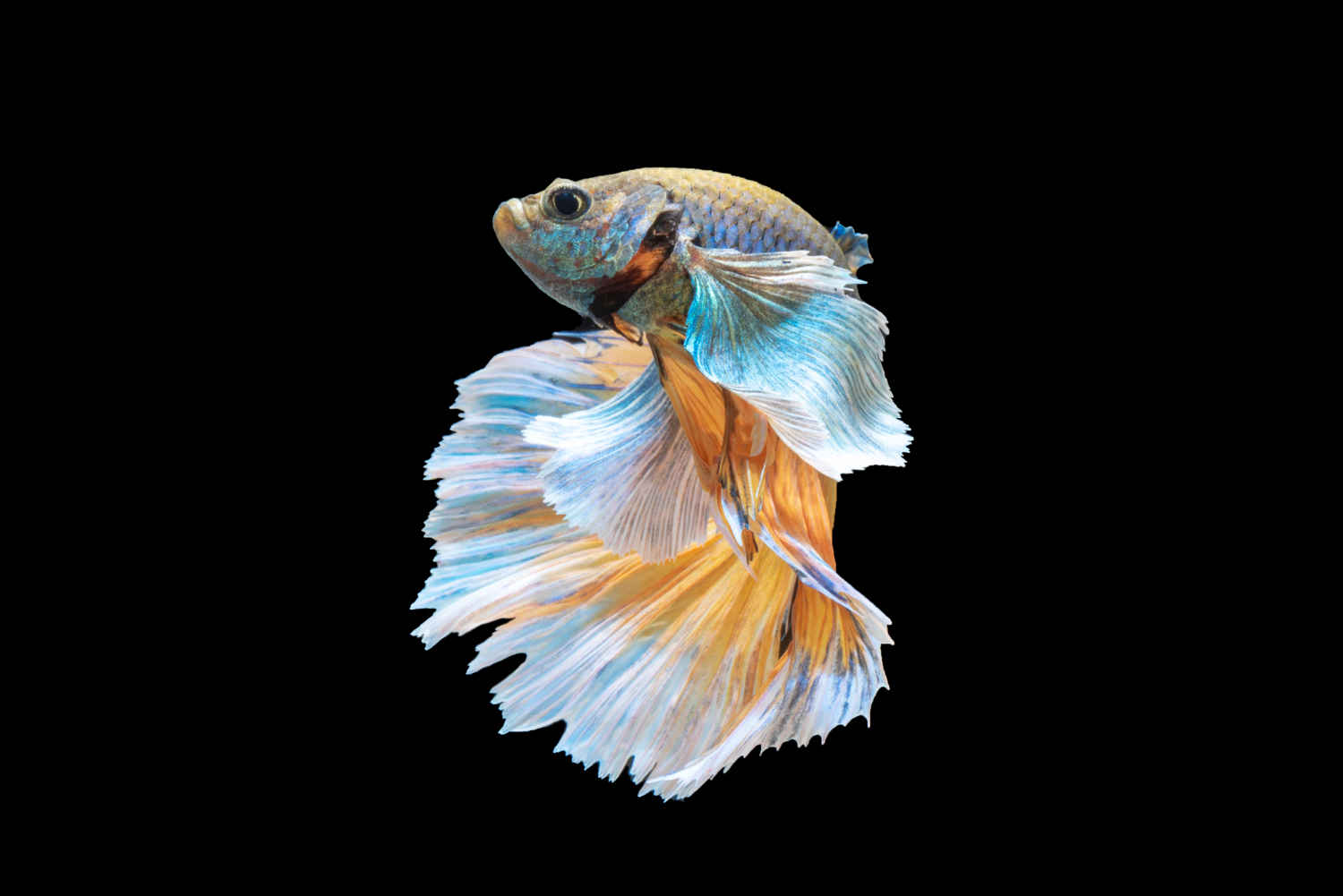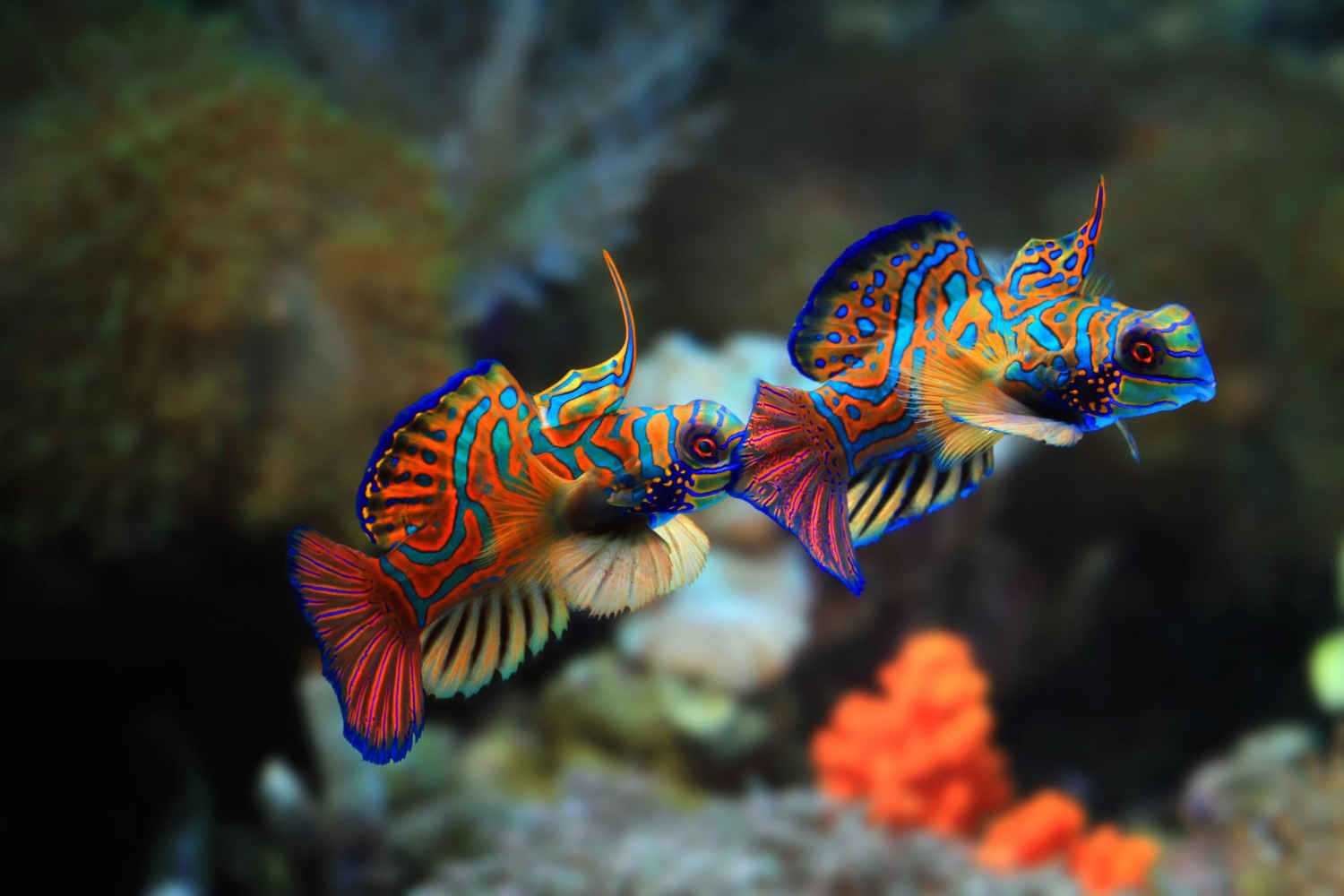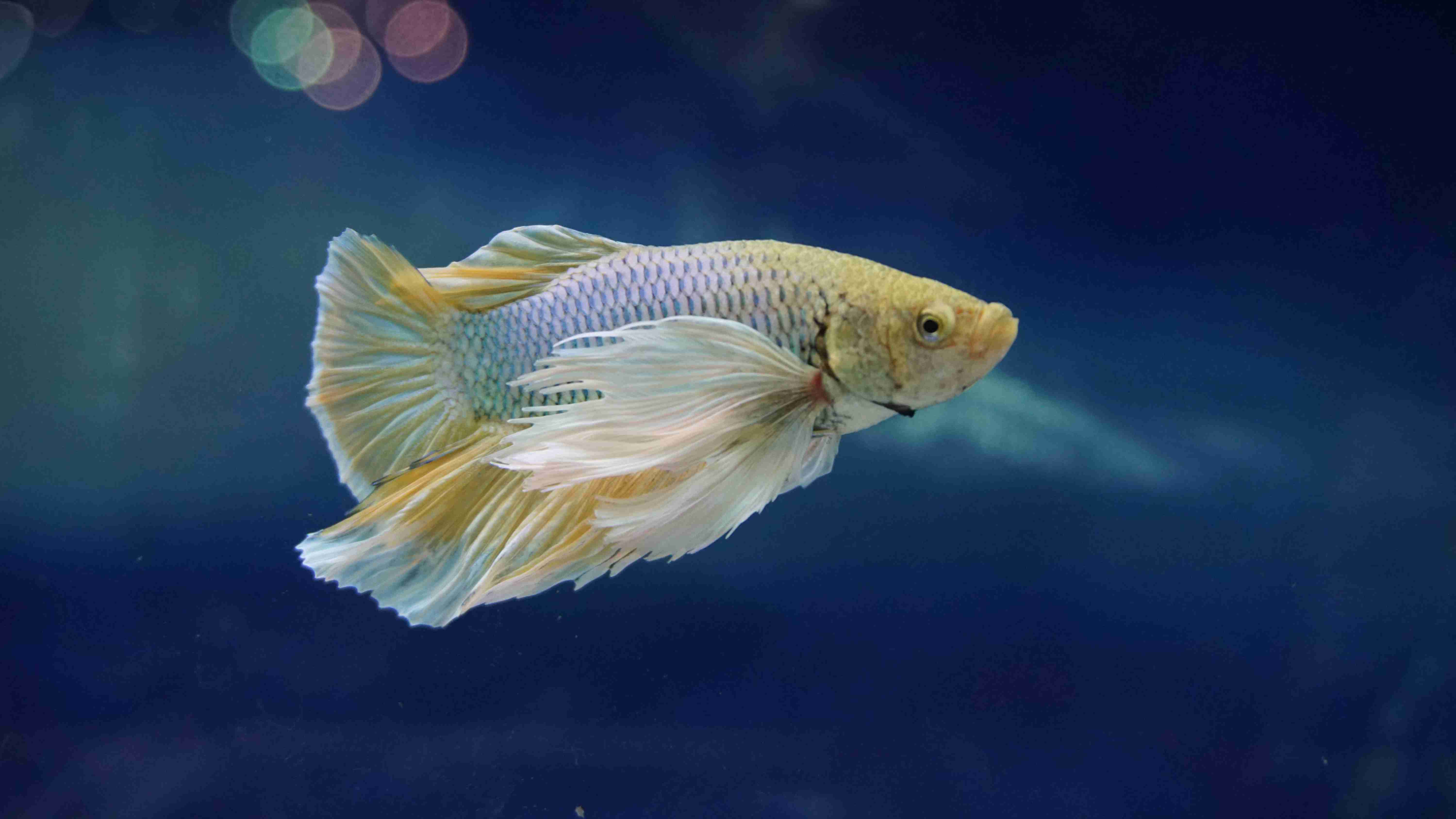If you are a fish owner, ensuring your fish is healthy and happy should be your top priority. One of the most important factors in maintaining your fish’s health is providing them with a well-balanced diet. But how do you know if your fish is getting all the nutrients it needs? In this blog post, we will discuss the top 5 signs that your fish is getting enough nutrients, so you can rest assured that your aquatic pets are healthy and happy. So, let’s dive in and explore the world of fish nutrition!
As a fish owner, it can be challenging to know if your fish is getting all of the necessary nutrients they need to thrive. A lack of nutrients can lead to health problems and even death in your fish. To make sure your fish is getting the proper nutrition, here are five signs to look out for:
1. Active and Alert Behavior: One of the most obvious signs of a healthy fish is its behavior. A healthy fish is active and alert, swimming around the tank and exploring its surroundings. If your fish is lethargic or spends most of its time hiding, it could be a sign of poor nutrition.
2. Vibrant Color: A well-fed fish will exhibit bright and vibrant colors. If your fish’s colors are dull or faded, it could be a sign of malnutrition. Certain nutrients, such as carotenoids, help to enhance a fish’s coloration.
.jpg)
3. Good Appetite: A healthy fish will have a good appetite and readily consume the food you offer. If your fish is not interested in eating or only eats a small amount, it could be a sign of poor nutrition. Make sure to offer a variety of foods to ensure your fish is getting a balanced diet.
4. Healthy Fins and Scales: Fins and scales are a good indicator of a fish’s overall health. If your fish’s fins are frayed or its scales are discolored or missing, it could be a sign of poor nutrition. A balanced diet rich in protein and vitamins can help maintain healthy fins and scales.
5. Growth and Reproduction: A well-fed fish will grow at a healthy rate and have the ability to reproduce. If your fish is not growing or is not reproducing, it could be a sign of poor nutrition. Nutrients such as protein and essential fatty acids are crucial for growth and reproduction.
In conclusion, monitoring your fish’s behavior, color, appetite, fins and scales, and growth and reproduction can help you determine if your fish is getting enough nutrients. Remember to offer a variety of foods and a balanced diet to ensure your fish’s health and well-being. By keeping an eye out for these signs, you can help your fish live a long and healthy life.
In conclusion, ensuring that your fish is getting enough nutrients is crucial for their health and wellbeing. By paying attention to the signs we’ve discussed in this article, you can be confident that your fish is receiving the proper nutrition they need. Remember to provide a balanced and varied diet, monitor their behavior and appearance, and make necessary adjustments to their feeding routine as needed. Your fish will thank you for it with their vibrant colors, active behavior, and overall vitality. Keep these tips in mind and enjoy the rewarding experience of being a responsible and caring fish owner.


.jpg)

.jpg)



